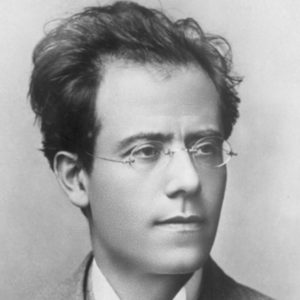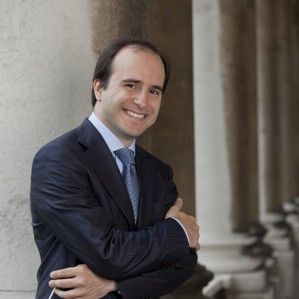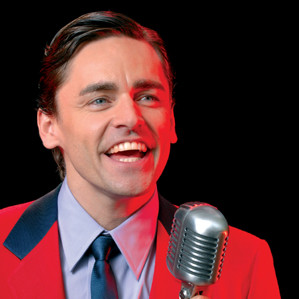London Philharmonic/ Russian National Orchestras, Jurowski, Royal Festival Hall **** (Review)
The heady symbolism of the London Philharmonic and Russian National orchestras sitting cheek by jowl for the climax of Vladimir Jurowski’s War and Peace series was a powerful one and if, on occasions, the melding of these two excellent orchestras resulted in rather less than complete symbiosis musically speaking, the section by section acknowledgement of the final ovation, each marked by a handshake of unity between Russian and British counterparts, was a moving endorsement of their collective will that harmonious peace prevail.
War dominated the musical agenda and the mere juxtaposition of Tchaikovsky’s 1812 Overture and Shostakovich’s 7th Symphony “Leningrad” made one question the jingoism of the former in ways that might not have occurred to one before. The “old voices” of cellos and violas chanting the Russian hymn “O Lord, Save Thy People” could surely no longer countenance the blare of massed brass (8 trumpets, 6 trombones, 2 tubas) and the clamour of victorious bells at the close. In between, Jurowski gave the lovely lyric subject an innocent “give peace a chance” radiance while other things – not least the seemingly irresistible chromatic descent in tremolando strings towards the close – were simply heard differently, as though for the first time. The final assault was thrilling, booming canon shots, bells and all, but celebration seemed peremptory, even heavy-hearted.
John Dowland’s words “If My Complaint Could Passions Move” reflected a communal outrage and resistance to the conflicts enshrined in this cleverly composed programme and Britten’s Lachrymae (an inspired “centre” to it) searched for Dowland’s consoling lamentation through terse and agitated variations. Violist Lawrence Power wrestled uncompromisingly with the forceful nature of the work – rarely has the viola sounded more combative -and one variation which pitted febrile scampering against a processional of strings and drum-like basses came across like a reckless dash to the abyss. But then Dowland’s lament emerged in its simple, heartfelt, entirety and a vestige of hope returned.
Hope is epitomised in the opening measures of Shostakovich’s 7th Symphony “Leningrad” and Jurowski drove them hard and fast with fabulous vigour and the useful underpinning of 11 string basses. It is the wistful piccolo which first scents the approaching catastrophe and the deft rattle of the side drum (consummate playing from the Russian National principal) is the first indication of the military advance to that seemingly innocuous toe-tapper of a tune. Jurowski ensured that it morphed awesomely with even the tambourine adopting an aggressive tone. In the wake of such aggression the return of the opening theme was beautifully inflected – sad, chastened, but still strangely hopeful.
The inner movements of this piece are extraordinary, the bass clarinet spookily Mahlerian in the scherzo, the flute rapt and imploring (another Russian National principal) in the most original of all Shostakovich’s slow movements. But can one ever overestimate the importance of familiarity and consistency in an orchestra’s personnel? However distinguished the players an orchestra is the sum of its parts and there was too much evidence here of unfamiliar colleagues making for unsettled, even dislocated, ensemble. It was a case of symbiosis not yet established and the slow movement in particular felt somewhat disengaged as though Jurowski was overly conscious of maintaining the cogency of his “super orchestra”.
But there are few more overwhelming perorations in music than that effected by the defiant trombone-led return of the Leningrad’s opening theme at the close of the piece and with Shostakovich’s augmented brass section in full cry (and maybe, too, the legacy of these momentous events so intensely felt by the Russian players) the message could not have been more emphatic. Might this have been a better performance with one or other of the orchestras? Probably. Would it have meant as much? Definitely not.
You May Also Like

GRAMOPHONE: From Where I Sit – January 2018
30/01/2018
A Conversation With GIANLUCA MARCIANO: Italian style and traditions
15/10/2013